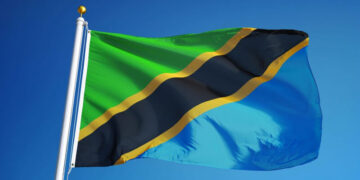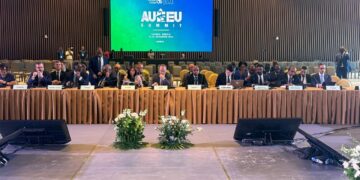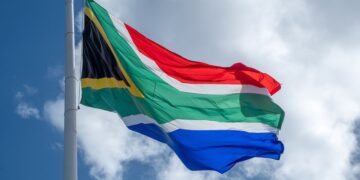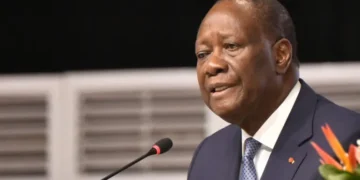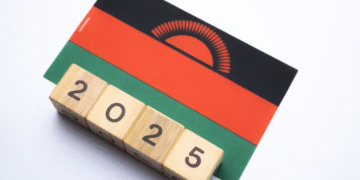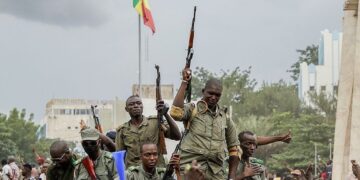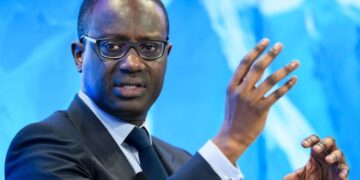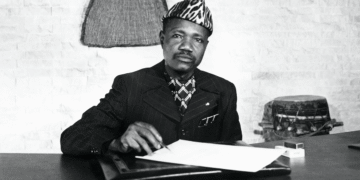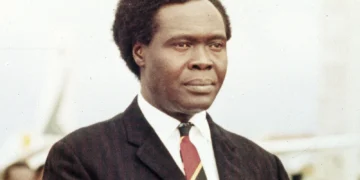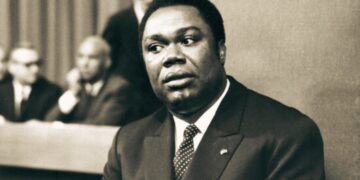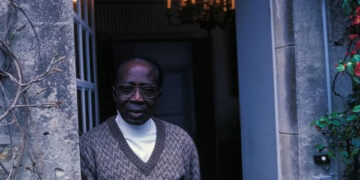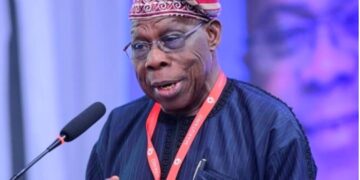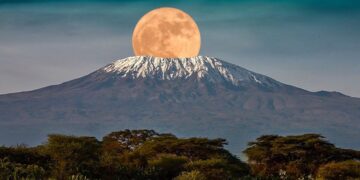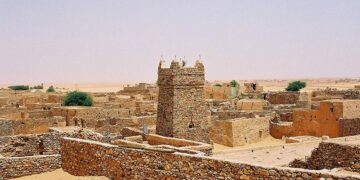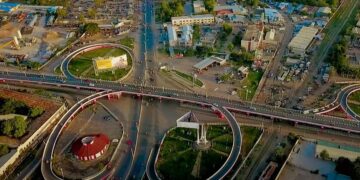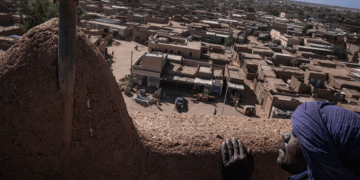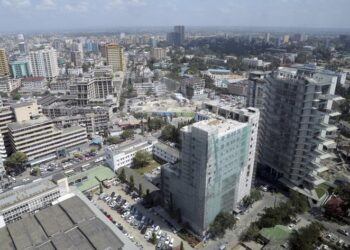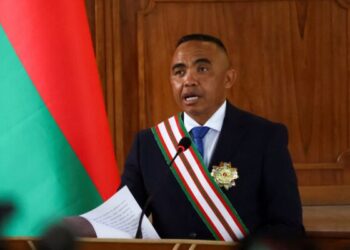Uganda is a landlocked country found in east Africa, and situated right in the heart of Africa, covering an area of approximately 240,000 square kilometers. The country has a population of 49.6 million people (as of 2023), and a total land area of 93,263 square kilometers.
Uganda shares its borders with five other countries: Rwanda, Tanzania, Kenya, South Sudan, and the Democratic Republic of Congo. Kampala, the vibrant capital city of Uganda, is a bustling metropolis that is home to around 3.5 million people. The official currency of Uganda is the Uganda Shilling (UGX).
Uganda homes over 57 different tribes and nine ethnic groups. Among them, the Bantu, Nilotics, Nilo Hamites, and Hamites are the largest tribes, each contributing to the cultural tapestry of Uganda Africa. Although English and Swahili are designated as the official languages, the nation is home to over 41 additional living languages, showcasing its profound linguistic heritage and diversity.
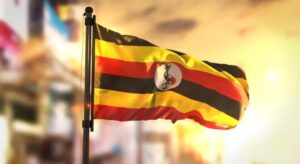
Uganda’s unofficial nickname is “Matooke Republic,” reflecting the popularity of Matooke, a dish made by harvesting green bananas, peeling them, cooking, and mashing them.
Within Uganda’s boundaries is Lake Victoria, the largest freshwater lake in Africa and the second largest in the world. This massive lake, which dates back some 400,000 years, is one of the origins of the mighty Nile River. This lake is known by several indigenous names, including Nalubaale, Lolwe, and Nyanza.
Another interesting fact about Uganda is that the country is a haven for wildlife enthusiasts and conservationists. Uganda’s outstanding features are the largest freshwater lake on the continent, the source of the longest river, the strongest waterfall, the largest number of primates, and the highest number of mountain gorillas worldwide, found in Mgahinga Gorilla National Park and Bwindi Impenetrable Forest National Park.
Uganda is an overwhelmingly Christian majority country, with Islam being the second most widely professed faith. According to the 2014 National Census, Islam in Uganda was practised by 14 percent of the population. The Uganda Muslim Supreme Council (UMSC) states that Muslims (primarily Sunni) are closer to 35 percent of the population. There are also a small number of Shia Muslims, mostly in Kampala and the eastern part of the country, particularly in the Mayuge and Bugiri Districts. Islam under Museveni’s Rule Changes in religious freedom, impact on Islamic practices.
The Uganda Muslim Supreme Council (UMSC) is the chief organization for governing and representing Islam in Uganda. The UMSC was founded in 1972 to bring together the divided Muslim community in Uganda. It is currently led by Sheikh Shaban Mubaje, who serves as the Grand Mufti of Uganda. Islam as the first foreign religion arrived in Uganda from the north at the dawn of 18th century and spread through inland networks of the East African coastal trade by the mid nineteenth century. Islam was first taught in the Kingdom of Buganda in the year 1844 during the reign of Kabaka Suuna II.
Islam under President Yoweri Museveni’s Rule Changes in religious freedom, impact on Islamic practices. In March 2024, Museveni officially launched the operations of Salaam Bank, the first Islamic lender in the country, after more than 20 years of waiting giving Ugandans a chance to access both Islamic and conventional banking products.



